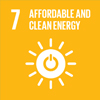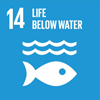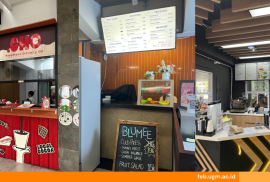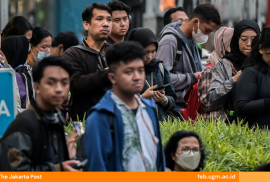
The terms “sustainable tourism” and “green tourism” often appear in business, particularly in the tourism industry. President of Responsible Borneo (Reborn), The president of Responsible Borneo (Reborn), Prof. Dr. Hiram Ting, stated that, although these terms circulate widely in the tourism industry, the concepts of sustainability and environmental friendliness have yet to take hold fully.
This condition, Hiram Ting continued, makes it difficult for the public to identify which businesses are truly taking concrete steps to create more environmentally friendly vacations. A lack of awareness about the importance of sustainability and how to apply it also influences this.
“This situation presents both a challenge and an opportunity,” he said while delivering a presentation titled Responsibility Sustains Tourism: Steering Tourism Ship Towards Sustainability at The 13th Gadjah Mada International Conference on Economics and Business (GAMAICEB) on Wednesday (July 23).
He explained that responsibility in the context of tourism encompasses three essential aspects: social awareness of proper tourism ethics and behavior, the socio-psychological well-being of the local community, and the importance of providing quality experiences for visitors.
“Responsible tourism is about creating better places to live and visit. Therefore, Hiram added that operators, hotels, government, local communities, and tourists must make tourism more sustainable,” he added.
Hiram also divided the approach to sustainable tourism into four pillars: community orientation, youth engagement, visitor awareness, and stakeholder collaboration. He gave an example of responsible tourism practice at the Paku Rock Maze Garden tourist destination in Sarawak, Malaysia, which was developed as an educational destination involving the local community while preserving ecological values.
“This is part of developing tourist sites as well as creating value and maximizing benefits for the community,” he said.
In closing his presentation, Hiram called on all parties to build collective awareness to create tourism that is not only economically profitable but also environmentally friendly, respectful of local culture, and socially just.
Report by: Shofi Hawa Anjani
Editor: Kurnia Ekaptiningrum
Sustainable Development Goals














